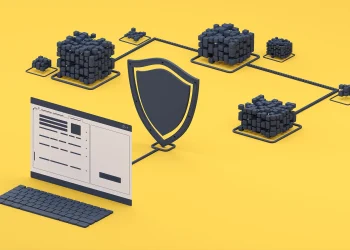In a world where data breaches and account takeovers are increasingly common, strong passwords are your first line of defense. Yet, many people still use weak, easily guessable passwords, putting their personal information at risk. Let’s dive into how to create strong and secure passwords to safeguard your digital life.
Why Strong Passwords Matter
Weak passwords like “123456” or “password” are easy targets for hackers using automated tools to crack them. A strong password makes it significantly harder for attackers to gain access to your accounts : protecting your sensitive data, money, and online identity.
What Makes a Password Strong?
Here’s what you should aim for when creating a strong password:
✅ At Least 12 Characters: Longer passwords are more secure.
✅ Mix It Up: Combine uppercase and lowercase letters, numbers, and special characters.
✅ Avoid Common Words and Phrases: Don’t use dictionary words, names, or predictable sequences like “abcd” or “qwerty”.
✅ No Personal Info: Skip your birthday, phone number, or pet’s name—these are easy for hackers to find out.
Tips for Creating Secure Passwords
Use a Passphrase: Create a memorable phrase or sentence, and mix in numbers and symbols.
Example: “CoffeeLover!2025BrewTime”
Random is Better: Randomly generated passwords are much harder to crack.
Example: “7e$T#9p!kR&1vQ”
Use a Password Manager: Tools like 1Password, Bitwarden, or LastPass can create and store complex passwords for you, so you don’t have to remember them all.
Keep Passwords Safe
- Never reuse passwords across sites.
- Don’t share your passwords—even with friends or colleagues.
- Enable Two-Factor Authentication (2FA) wherever possible for an extra layer of security.
Creating strong, unique passwords for every account is one of the easiest and most effective ways to protect yourself online. It may take a little extra effort, but it’s worth it to keep your data secure.







